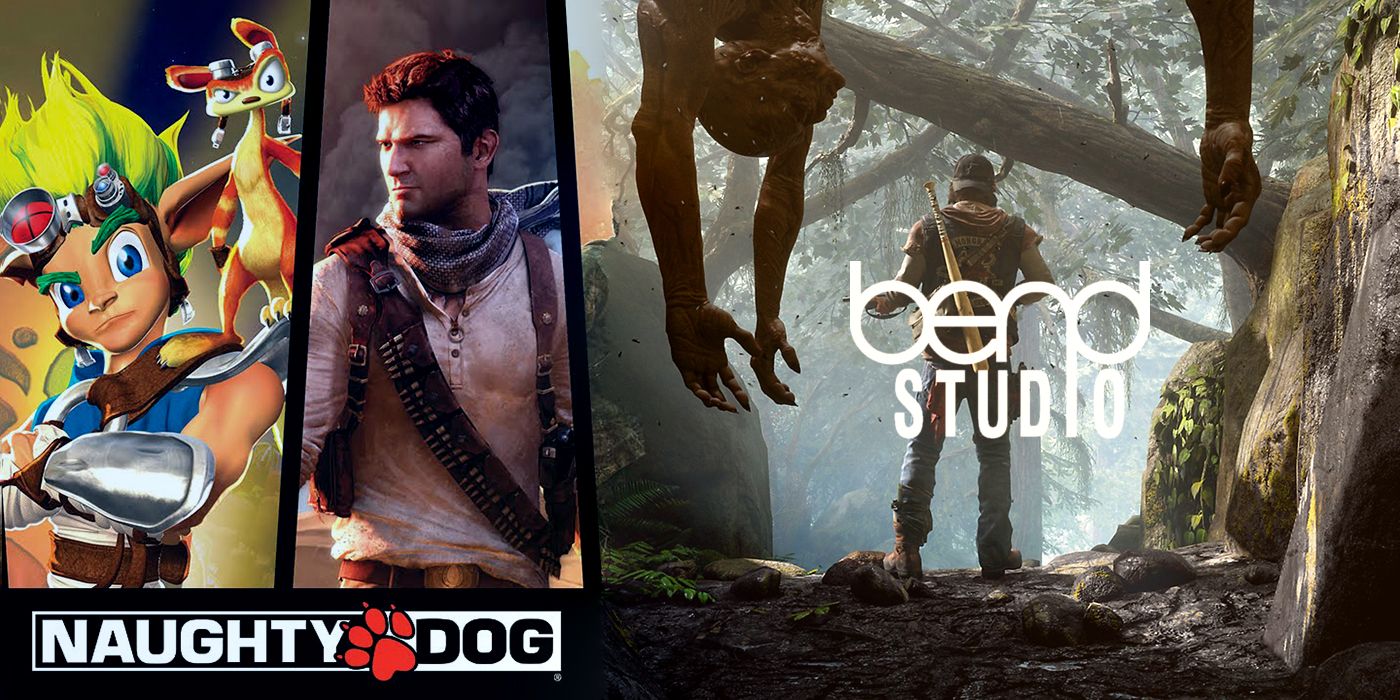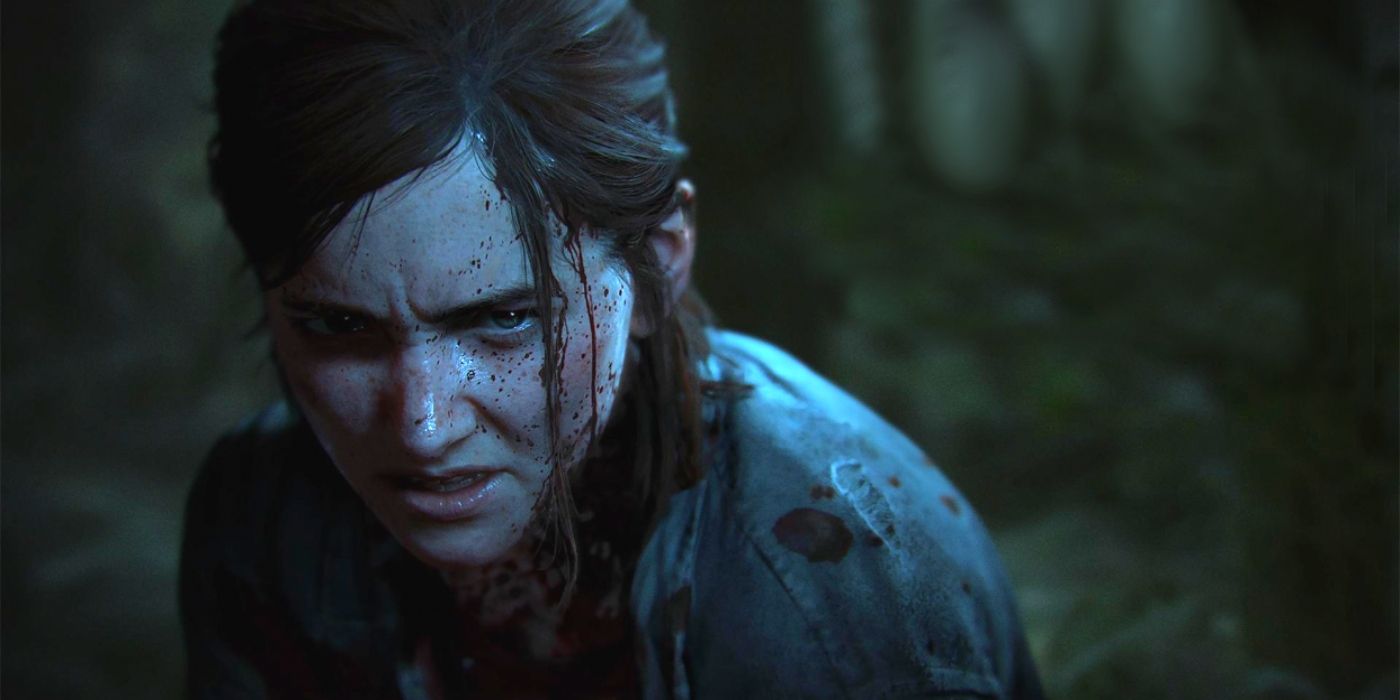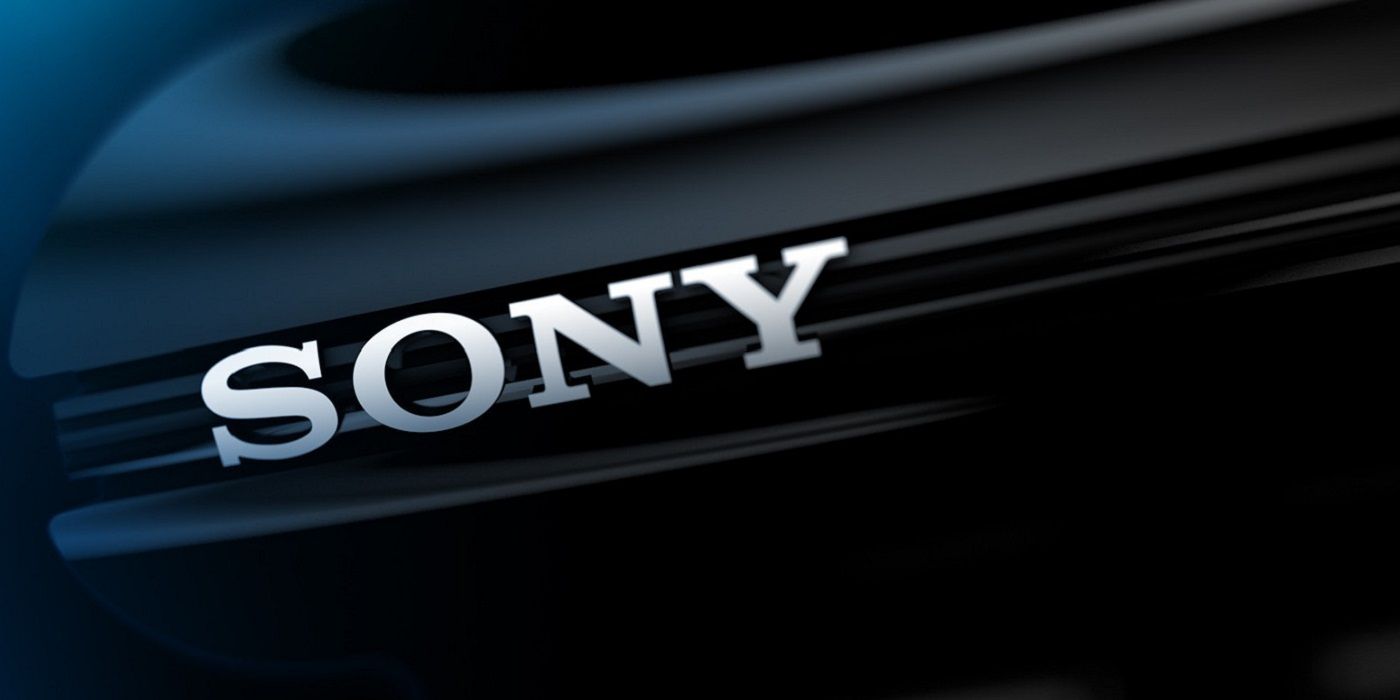
At least in terms of first-party games, Sony has been on top of its game with PlayStation. Throughout the last generation, the PS4 saw a slew of impressive titles from storied developers like Naughty Dog, Santa Monica Studio, Sucker Punch and Guerrilla Games. Whether it was iterating on an already successful IP like God of War and The Last of Us, or endeavoring into new franchises like Horizon Zero Dawn and Ghost of Tsushima, the PS4 had a wealth of exclusive offerings to play. Not much is changing with the PS5 either, as emphasized by the already-released Demon's Souls remake, and upcoming exclusives like Returnal and Ratchet & Clank: Rift Apart.
However, evidently this focus on generation-defining triple-A games generally only benefits these aforementioned big studios. According to a report by Bloomberg, it seems the smaller development teams and studios for PlayStation are effectively being hung out to dry or neglected by Sony because of these heavy-hitting franchises. While there are many other Sony-owned development studios in charge of smaller scale projects, it seems the company has expressed it's desire to strictly focus most of its resources and attention towards these larger studios and games. It's undeniable how successful these larger projects have become, but it may not be a long-term benefit.
RELATED: Some PlayStation Fans Want Shawn Layden Back

In a vacuum, betting on studios like Naughty Dog or Santa Monica Studio makes a lot of sense. These studios and development teams were capable of putting out some of the best generation-defining games, as evidenced by review scores and commercial reception. Horizon Zero Dawn and The Last of Us Part 2 were not cult-classics, they were blockbuster video games. Without the alleged context of Bloomberg's report, Sony could presumably do no wrong by backing and supporting some of the biggest triple-A game development studios in the whole industry. However, that focus on the biggest game studios comes seemingly at the expense of smaller teams with big ideas.
Sony's Visual Arts Service Group team, led by Michael Mumbauer, are presumably one of many smaller development efforts that may not receive the same attention as the larger triple-A game developers do. Development teams (like Mumbauer's) are disbanding, studios are being shifted to back up these larger developers, and Sony's internal strategy is apparently changing drastically to meet this new demand. Sony's entire video game business strategy seems to be focusing westward, in an attempt to recreate the success of titles like Marvel's Spider-Man and God of War in the U.S., while smaller development efforts (especially in Japan) are being downsized or refocused.

Dismantling or reorganizing smaller development teams, or even just less commercially successful development teams, on to bigger projects is only going to hurt Sony and PlayStation in the long run. Even Sony Bend, according to the Bloomberg report, had a Days Gone 2 pitch denied in favor of assisting Naughty Dog with a new Uncharted project and an unnamed multiplayer game. As a result, many developers and staff from across the team at Bend departed the studio due to being dissatisfied with the corporate decision. There's likely going to come a time where stories like Sony Bend's and Mumbauer's are going to become more common from Sony, which is a shame.
That's not to besmirch the work being done at larger studios like Naughty Dog and Guerrilla Games. These games were successful for a reason, and have come to define PlayStation as one of the best places to play last generation, and could remain true moving on to the PS5. However, for a company like Sony that "no longer wants to produce smaller games that are only successful in Japan," many developers' chances on creating innovative or promising new IPs are being stifled. Developers are leaving for new opportunities outside of Sony's first-party studio portfolio, which over time, could be potentially problematic for both the big triple-A games and smaller projects.
RELATED: New Uncharted Game Was in Development at One Point

Emphasizing and backing the bigger first-party PlayStation studios is only going to railroad Sony's triple-A offering. As Jason Schreier noted in their Bloomberg report, "emphasizing big hits can also be counterproductive because sometimes games that start small can turn into massive successes." That sentiment in particular was directed towards Dreams, but could be applied to any number of the smaller projects in the PS4's lineup like Concrete Genie. Sony being presumptive of a project's commercial viability means its going to rely on indie developers for more new/niche concepts on PlayStation, never backing potentially innovative games to the same extent.
There's also the very real possibility of franchise fatigue coming from some of these bigger developers over time, or even worse, a huge triple-A exclusive receives a mediocre or bad reception at release. Many are quick to forget that The Order: 1886, a PS4 exclusive, was a critically and commercially mediocre release, especially in comparison to the larger third-party triple-A games released around that time (Dying Light, Call of Duty: Advanced Warfare). Sony's first-party games are not immune to criticism, despite previous efforts proving to be award-winning games. Betting on enduring success with its biggest first-party developers may not pay off in the long run.
MORE: Why PlayStation Now Isn't Taking Off Like Xbox Game Pass

